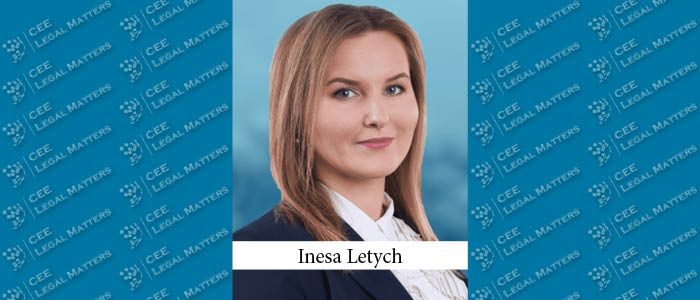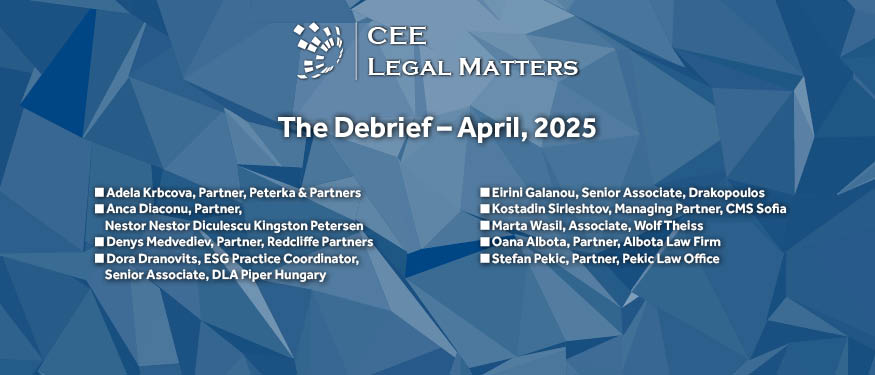Over the past years, the legislation dealing with workplace harassment has significantly expanded, with new rules and obligations continuously being added, especially for employers. Anti-discrimination laws, equal opportunity frameworks, and harassment prevention policies have all been gradually enforced, shaping an extensive legal landscape meant to protect employees from abusive behaviors.
Latvia: Termination of Employment Relationships for a Labor Union Member – Current Regulation, Planned Amendments, and Case Law
In Latvia, the termination of employment relationships for labor union members is specifically regulated to protect their rights. However, in practice, this regulation creates significant challenges for employers, as labor unions almost always refuse to grant consent for dismissal.
Serbia: The Right of Employees to Compensation for Commuting Costs in Light of New Challenges
The year 2025 began with a development that raised important questions regarding the interpretation of the Serbian Labor Law, specifically concerning employees’ right to compensation for commuting costs.
Ukraine: Top 5 Practical Problems of Transfer of Undertaking Rules
It has been almost a year since Ukraine introduced rules regarding the protection of employees in the case of a transfer of a business entity to its Labor Code in accordance with Law No. 3677-IX (Rules). The Rules entered into force on May 15, 2024, and aimed at approximating national legislation to the Transfers of Undertakings Directive 2001/23/EC of March 12, 2001. Even though local businesses continue testing this new legislation in practice, the area still remains terra incognita for many practitioners. Now that some time has passed, it is possible to summarize the major practical imperfections of the Rules.
North Macedonia: Outsourcing – Employment Issues
Outsourcing involves a transfer by a business (customer) to a third party (supplier) of the operational responsibility for the provision of a distinct business function, process, or service. Given the inherent transfer of responsibility, many outsourcing arrangements involve a transfer to the supplier of those employees who were engaged by the customer in the activity that is being outsourced. Macedonian law does not specifically regulate outsourcing transactions. Nonetheless, the Macedonian Law on Labor Relations 2005 (Labor Law) is harmonized with the EU Transfer of Undertakings Protection of Employment Directive 2001/23/EC of 12 March 2001 (TUPE) and, therefore, applies to the transfer of employees both on the initial outsourcing and on any subsequent or second-generation outsourcing.
Small Debts Simplified Claims Threshold Increase Welcomed by Romanian Businesses
On April 8, 2025, the lower Romanian chamber of the Parliament approved the legislative proposal no. 606 (Proposal) that aims to raise the threshold pertaining to the initiation of a specific type of lawsuit concerning debt recovery.
Employing Foreign Nationals in Romania: Challenges, Regulations, and Solutions to Overcome Labor Shortages
Romania continues to experience a significant labor shortage due to widespread emigration and demographic decline, particularly in the construction, trade, and HoReCa (Hotel/Restaurant/Café) sectors.
Transposition of the Corporate Sustainability Reporting Directive in Romania
Romania is taking a decisive step toward integrating the EU’s Corporate Sustainability Reporting Directive (CSRD) through the triple regulatory framework simultaneously established by the Ministry of Finance through Order No. 85/2024, the Financial Supervisory Authority through Norm No. 4/2024, and the National Bank of Romania through Order No. 1/2024.
Romania’s Logistics Landscape in Motion: Strategic Shifts Amid Market Consolidation
Romania’s logistics and transportation sector is entering a new era. With the recent regulatory approval of DSV’s acquisition of DB Schenker, the industry is witnessing the most significant consolidation move in over a decade. The deal directly reshapes how logistics providers in Romania position themselves, scale their operations, and recalibrate strategic priorities.
Powering the Future: Key Legal Developments in the Romanian Energy Sector for 2025
The Romanian energy sector has been a hot topic in recent years due to market developments as well as to the legal framework which continued to adapt to governmental policies and the market’s needs. 2024 was no exception to this trend, with several milestones reached, and 2025 is expected to bring further changes and evolutions on the market.
The Constitutional Court of Romania Definitively Settles the Issue of Building Permits Following the Annulment of Zonal Urban Plans
On April 9, 2025, the Constitutional Court of Romania (CCR) published a press release with significant implications for urban planning practice and real estate development in Romania.
Accessibility Law and Its Impact on Banking Services in Romania
Romania is set to implement a significant legal framework aimed at enhancing the accessibility of products and services for all consumers, particularly those with disabilities.
Romania’s Transition to Renewable Energy
Romania is accelerating its transition to renewable energy, aiming to expand wind and solar power as key components of its energy mix. In 2024, several new regulations were introduced to incentivize private investment and streamline project approvals, fostering a more attractive environment for green energy development.
A Busy Romanian Competition Council
The Romanian competition landscape has constantly been at the intersection of significant investment activity and intense regulatory enforcement.
Balancing the Scales: North Macedonia’s New Law on Unfair Trading Practices
North Macedonia has taken a significant step in regulating market competition with the enactment of the Law on the Prohibition of Unfair Trade Practices in the Supply Chain of Agricultural and Food Products (Law).
The Debrief: April, 2025
In The Debrief, our Practice Leaders across CEE share updates on recent and upcoming legislation, consider the impact of recent court decisions, showcase landmark projects, and keep our readers apprised of the latest developments impacting their respective practice areas.































